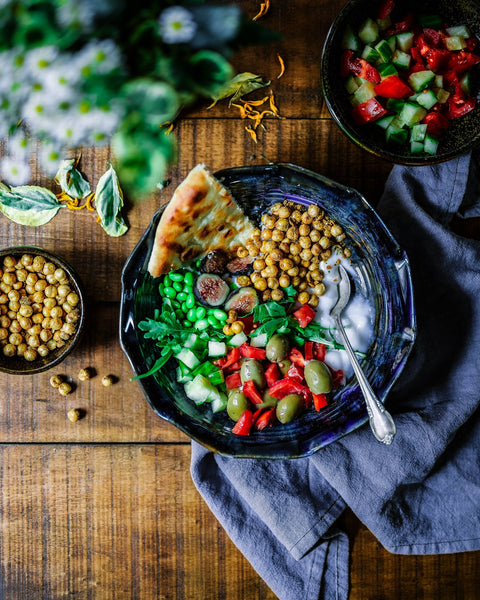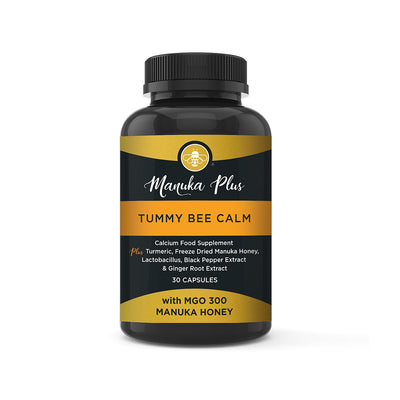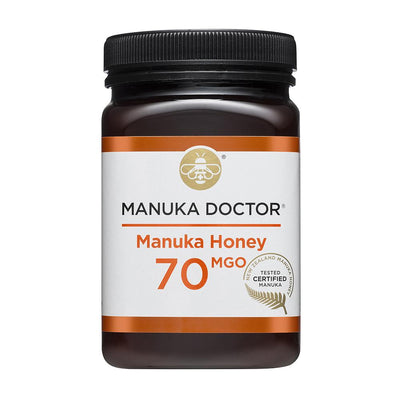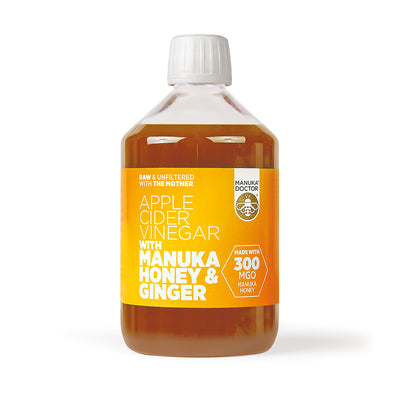You’re not imagining it – as you get older, your digestive health can go a bit awry, with indigestion, diarrhoea, heartburn, constipation and bloating becoming more common.1 Here’s what happens to your gut as you age, and what you can do to help.
Ok, so what’s going on?
Unfortunately, your digestive system naturally slows down as you age. For a start, there’s a slow-down in the movement of food through the gut, while your stomach may start to empty at a more leisurely pace after a meal – all leading to digestive problems, like heartburn and constipation.2
Your gut bacteria can change too: in a 2018 study in Nutrition and Healthy Aging, older people have a different range of friendly gut bacteria and more unfriendly gut bacteria than younger adults. Researchers suggested it could be because older people’s diet and lifestyle habits have changed – perhaps they take less exercise than before for example – plus they may take more medications.3
Top tips for gut health
Luckily, there’s plenty you can do to protect your gut and help keep it in tip-top condition, no matter how old you are:
1. Drink regularly – even when you’re not thirsty
Fluids are needed to help break down our food, move waste faster through our digestive system, and soften our stools to help prevent constipation.4
But as we age, our bodies don’t regulate thirst in the same way. A 2011 review by the University of North Carolina found that older people deprived of water felt less thirsty and drank less to rehydrate than younger people – despite measuring a higher concentration of dissolved salts in their blood.5
Aim for 6-8 glasses of fluids, like water, tea, coffee, lower-fat milk and sugar-free drinks.6
2. Chew food properly
We take chewing for granted, but as you get older, you may stop being quite so good at it. One reason is that you start producing less saliva in your mouth, usually because you’ve been ill or are taking certain medications.7 Your jaw muscles can also become weaker, making chewing less efficient – a 2004 French study found that people aged between 68-73 years old needed to chew food for longer than those in their 20s and 30s.8
Chewing helps produce the enzymes needed to break down your food, so focus on chewing carefully before you swallow.9
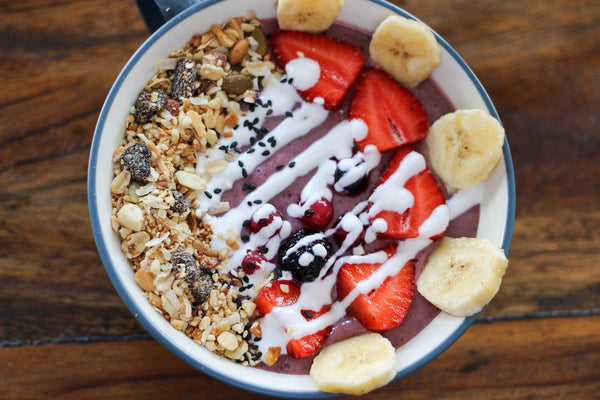
3. Take friendly bacteria
Friendly bacteria, also known as probiotics, found in supplements or drinks, like kefir, can boost the numbers and type of ‘good’ bacteria in your intestine. A healthy microbiome has been shown to support the immune system, improves nutrient absorption and may improve digestive health, easing diarrhoea and certain symptoms of irritable bowel syndrome, like inflammation.10
4. Choose a supplement designed to support your gut
If you’re worried about your digestive health, a supplement like Manuka Plus Tummy Bee Calm may help. It contains a range of ingredients specially designed to aid digestive health, including calcium, needed for the normal function of digestive enzymes for food break-down;11 ginger, which can speed up the rate at which your stomach empties after a meal;12 and lactobacillus acidophilus, a type of friendly bacteria that can help restore the natural balance of microflora in the gut.13 Another important ingredient is turmeric, a natural anti-inflammatory that it’s been shown can also support the friendly bacteria in your gut.14
5. Move more
Stay active as you get older – it’s good for your gut. In 2017, Italian researchers reported that exercise can speed up the movement of food through your digestive system, and also increase the number and type of friendly bacteria in your gut.15
The NHS recommends at least 150 minutes of moderate activity a week – for example fast walking or pushing a lawn mower – or 75 minutes of vigorous activity a week, like running or playing singles tennis.16
